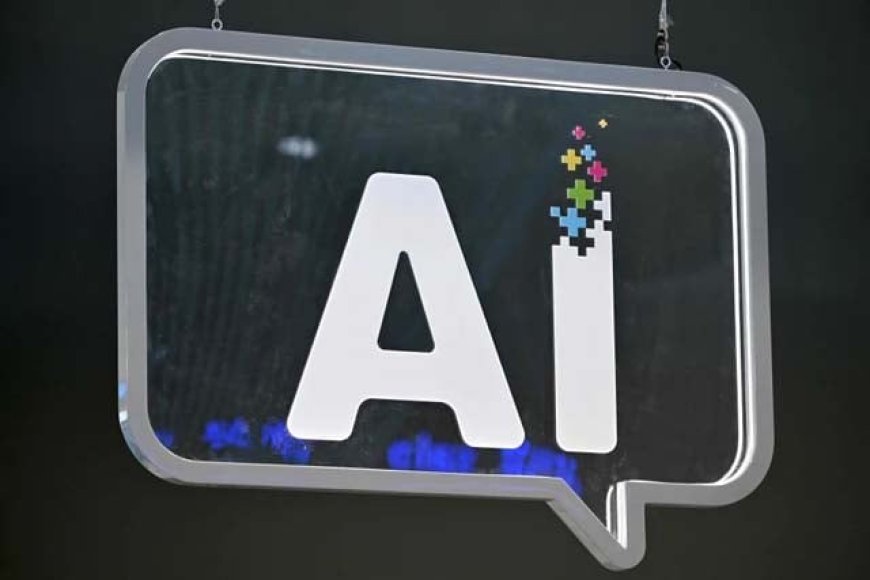AI learning apps are being promoted to schools despite skepticism from experts
AI learning apps are being promoted to schools despite skepticism from experts

AI-powered learning apps are being aggressively marketed to schools worldwide, with governments rushing to adopt the technology despite significant reservations from experts.
The Ed Tech sector surged during the COVID-19 pandemic when school closures forced millions of children to study online. However, as in-person learning resumed and demand dwindled, Ed Tech startups began incorporating AI into their products to attract fresh investments. Tech giants like Microsoft, Meta, and OpenAI have also capitalized on the trend, promoting their AI solutions to schools or collaborating with startups.
While many education ministries are enthusiastic about deploying AI apps, critics remain vocal.
UNESCO criticized the use of online learning during the pandemic, describing it as a "tragedy" that exacerbated inequality and diminished educational outcomes. Manos Antoninis from UNESCO warned that while AI may have potential in education, it currently appears to create more problems than it solves. He highlighted concerns about commercial misuse of data, biased algorithms, and the prioritization of profit over education.
"Education is being used as a Trojan horse to gain access to future consumers," Antoninis cautioned.
Investment and Adoption Trends
During the 2021 pandemic boom, venture capital investment in Ed Tech reached over $17 billion, but this plummeted to $3 billion in subsequent years. Despite the downturn, certain regions, like North Carolina and South Korea, have embraced generative AI for education.
The UK has implemented AI-powered tools like Sparx Maths to personalize student learning and plans to invest millions more to support teachers with lesson planning, grading, and assessments. Similarly, the European Union and China have promoted AI-driven education initiatives. China, for example, has a national strategy for digitizing education, including a central platform offering tools and courses.
However, practical challenges remain. In India, despite a vibrant Ed Tech scene during the pandemic, many students in New Delhi struggled with access to online learning when schools closed due to smog. Financial misconduct allegations against BYJU's, once the world’s most valuable Ed Tech startup, further tarnished the sector’s image.
In wealthier nations, enthusiasm for AI in classrooms has been muted. Only 6% of U.S. secondary school teachers surveyed by Pew Research Center believed AI would positively impact education. France abandoned its AI-powered homework app, MIA, amid political upheaval, and British parents have voiced dissatisfaction with Sparx Maths, describing it as uninspiring and frustrating for students.
Broader Concerns
Critics argue that many Ed Tech solutions miss the mark by focusing on “personalized” education. While AI tailors learning plans to individual students, Antoninis warned that this approach often neglects the social nature of learning, which thrives on peer interaction.
Leon Furze, a former teacher turned consultant on generative AI in education, expressed skepticism about the benefits of personalization through AI, suggesting it could isolate learners rather than engage them.
Both Antoninis and Furze emphasized that technology is not a cure-all for the complex socio-economic, cultural, and political challenges that educators and students face. “The real work,” Furze concluded, “will always be done by humans.”
What's Your Reaction?





















































































